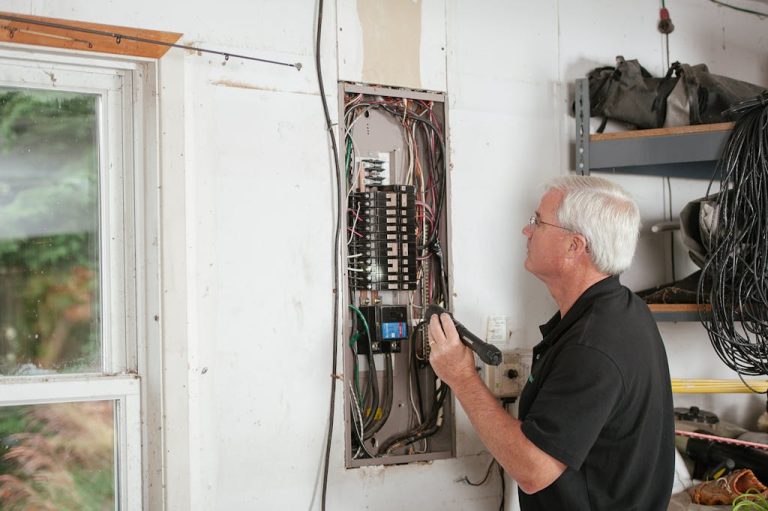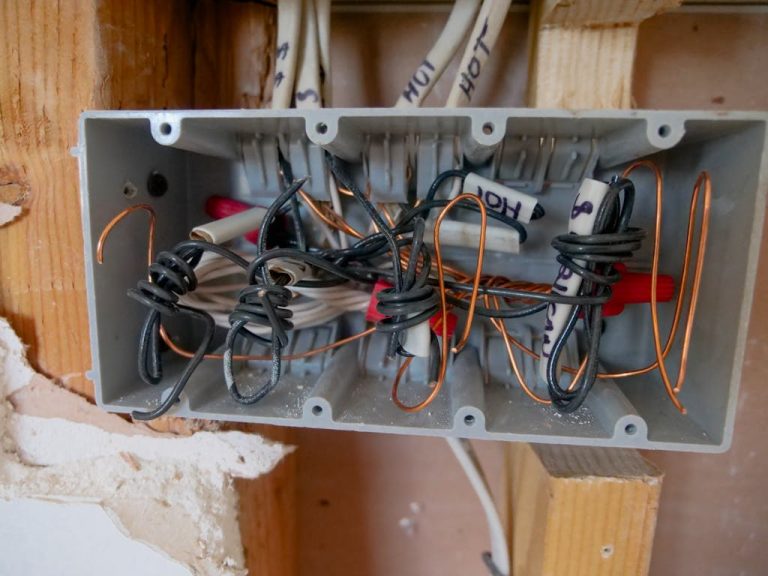Introduction
Electrical compliance is more than a legal requirement – it’s about safety, peace of mind, and protecting your property. In South Africa, homeowners and businesses must follow specific regulations to ensure that all electrical installations meet the standards set by law. Failing to comply can result in dangerous faults, legal issues, and insurance problems. In this guide, we’ll break down everything you need to know about electrical compliance in South Africa.

What is Electrical Compliance?
Electrical compliance refers to meeting the legal and safety standards for electrical installations. This is governed by the Occupational Health and Safety Act and the Electrical Installation Regulations (EIR) in South Africa. Compliance ensures that your home or business is safe from electrical hazards such as fires, electrocution, or faulty appliances.
A compliant installation typically involves:
- Proper wiring according to SANS standards.
- Safe switchboards and circuit protection.
- Correct earthing and bonding.
- Using approved materials and products.
Why Compliance Matters
- Safety First
Non-compliant electrical work can lead to fires, shocks, and permanent damage to appliances. Proper compliance protects both people and property. - Legal Requirement
South African law mandates that certain installations and upgrades are carried out by licensed electricians and inspected for compliance. - Insurance Protection
Insurance claims for electrical-related damage may be denied if the installation is non-compliant or lacks a valid Certificate of Compliance (COC). - Property Value and Resale
A compliant electrical system increases the value of your property and prevents legal complications when selling your home.
Who Can Perform Compliant Electrical Work?
Only a licensed electrician is legally allowed to perform certain types of electrical work in South Africa. These professionals hold:
- Red Seal Certification (proof of trade qualification).
- Registration with the Electrical Contractors’ Board (ECB) or provincial authority.
Attempting DIY installations or hiring unqualified individuals can be extremely risky and illegal.
Common Compliance Pitfalls
Even experienced homeowners can make mistakes. Some common issues include:
- Using substandard or non-approved electrical components.
- DIY rewiring without proper inspection.
- Overloading circuits with too many appliances.
- Not updating old wiring when renovating or upgrading.
Regular inspections by a licensed electrician can prevent these issues.
The Role of the Certificate of Compliance (COC)
A COC is a legal document issued by a licensed electrician confirming that an installation meets all safety standards.
When a COC is required:
- Selling or transferring property ownership.
- Installing or upgrading electrical systems.
- After repairing or replacing major circuits.
Benefits of a COC:
- Legal protection for the homeowner.
- Proof of safety for insurance purposes.
- Peace of mind knowing your system is compliant.
Tips for Homeowners to Ensure Compliance
- Hire Licensed Electricians Only
Always verify their credentials and ensure they are registered. - Request a COC for All Work
Never accept electrical work without a COC, especially for renovations or upgrades. - Schedule Regular Inspections
Annual checks can prevent faults and maintain compliance. - Stay Updated on Regulations
Electrical standards may change, so work with electricians who keep up with SANS updates and new EIR requirements. - Document Everything
Keep copies of COCs, invoices, and inspection reports. This is essential for insurance and resale purposes.
Conclusion
Electrical compliance in South Africa is not just about following the law – it’s about protecting your family, your business, and your property. By working with a licensed electrician and ensuring all installations are compliant, you safeguard against hazards, legal issues, and potential insurance disputes.
At Ronald George Electrical, we provide expert, safe, and compliant electrical services across Cape Town. Whether it’s inspections, repairs, or installations, our licensed team ensures your property meets all South African electrical regulations.



